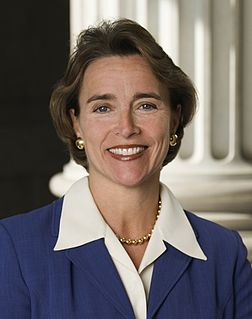A Quote by Dan Lipinski
We all want more information available when making health care decisions for ourselves and our families.
Related Quotes
We have to remember that it's usually women who are making the health care decisions for their families.... True equality would mean making sure that there's equity in terms of how insurance reimburses certain procedures; making sure that we have preventative care that's covered so women can get their mammograms and Pap screens without extra charges.
Not enough of our society is trained how to understand and interpret quantitative information. This activity is a centerpiece of science literacy to which we should all strive-the future health, wealth, and security of our democracy depend on it. Until that is achieved, we are at risk of making under-informed decisions that affect ourselves, our communities, our country, and even the world.
On the information technology side, health care is still behind other industries. There needs to be a real push to create better electronic health records, more inter-operability amongst various types of electronic systems and cybersecurity is becoming a huge deal in in health care. Health care records are highly sought after by virtue of the fact that not only do you have somebody's person financial information, you also have their person medical information.
One of the big drivers for me is that health care is a very elitist system. As much as we try to make it free and democratic for all, the reality is that it's expensive and not all therapies are accessible to all people. So I have been very focused on making sure that we democratize genetic information so it's available to everyone.
Decision-making is difficult because, by its nature, it involves uncertainty. If there was no uncertainty, decisions would be easy! The uncertainty exists because we don't know the future, we don't know if the decision we make will lead to the best possible outcome. Cognitive science has taught us that relying on our gut or intuition often leads to bad decisions, particularly in cases where statistical information is available. Our guts and our brains didn't evolve to deal with probabilistic thinking.































